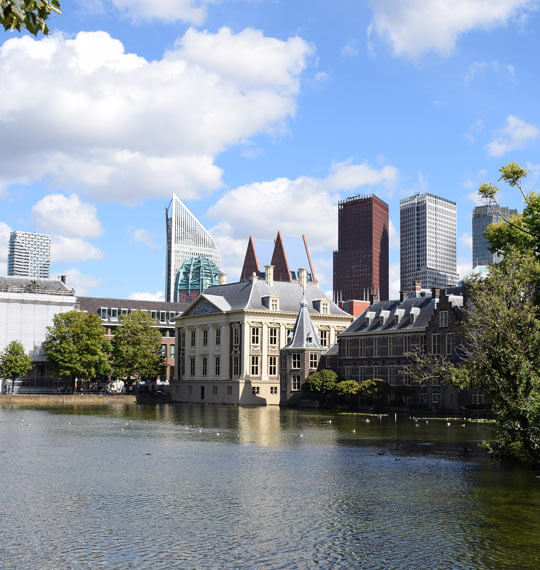Foreign nationals intending to work in the Netherlands must satisfy a number of requirements. As a general rule, depending on their country of origin, they need a work permit. Foreign workers fill gaps in the Dutch labour market.
Free movement of labour
EEA and Swiss nationals are free to work in the Netherlands without any employment permit.
Combined residence and employment permit (GVVA)
Foreign nationals from outside the EEA and Switzerland must apply for a combined residence and employment permit (GVVA) if they intend to work here for longer than three months. A foreign national or his or her employer applies to the Immigration and Naturalisation Service (IND) for just one permit to live and work in the Netherlands.
Employment Permit (TWV)
The following groups of nationals do not require a GVVA. However, they must still apply to the Employee Insurance Agency (UWV) for an employment permit (TWV). These groups are:
- foreign nationals who intend to work in the Netherlands for less than three months;
- seasonal workers;
- students;
- asylum seekers;
- employees of an international company who are seconded to the Netherlands.
Conditions for granting employment permits to workers from outside the EEA
An employer can employ someone from outside the EEA in the following cases only:
- the employer cannot find a suitable candidate from an EEA country;
- the vacancy has been open for at least five weeks. For vacancies that are difficult to fill, the period is three months. The UWV determines whether a vacancy is difficult to fill;
- the employer has taken all available steps to find a worker from the Netherlands or the EEA, including advertising the vacancy in the print media and on the internet.
Without a Permit
The following group of nationals from outside the EEA are not required to obtain a permit:
- highly educated workers who can contribute to the knowledge-based economy (highly skilled migrants or highly skilled workers);
- persons with a residence permit containing the note ‘arbeid is vrij toegestaan’ (‘permitted to work’) (sometimes applicable only for a given period);
- self-employed persons, provided they carry out the work specified on their residence permit
Cross-border services
If a service provider from the EEA, operating in the Netherlands, employs workers from a country without free movement of labour (for instance, a German installation company with employees from Ukraine), it need not apply for employment permits for those workers. However, it is subject to a ‘duty to notify’. This means that it is required to notify the UWV in writing about the workers in advance.
(Source: Government Website of the Netherlands)










